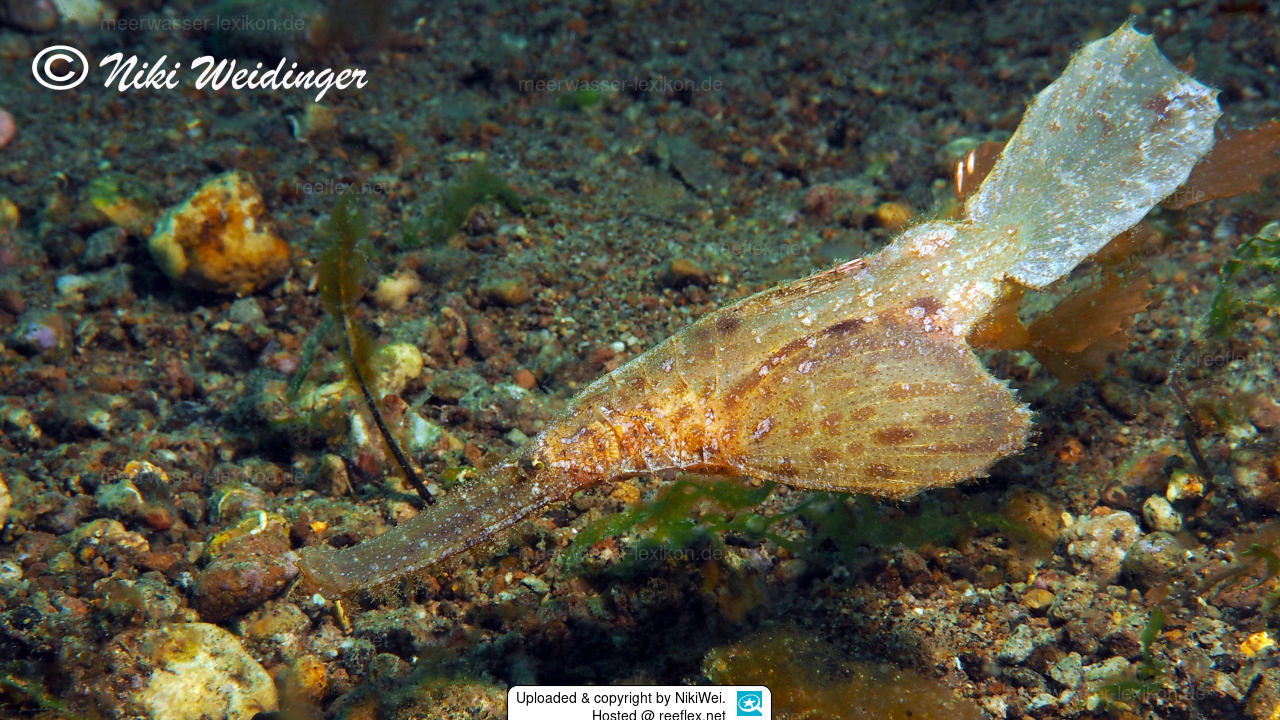Info
Solenostomus cyanopterus Bleeker, 1854
Feeding intake.
The fish take a long time to eat at the beginning, before the food is taken up, a close inspection is carried out. After acclimatisation, the offered frozen food is eaten without problems. It should be noted that wild-caught fish behave differently than offspring when it comes to food intake. In the case of offspring, the size of the fish purchased also plays a role in the choice of food.
Synonymised names
Solenichthys raceki Whitley, 1955 · unaccepted
Solenostoma cyanopterus Bleeker, 1854 · unaccepted (misspelling)
Solenostomatichthys bleekeri (Duméril, 1870) · unaccepted
Solenostomus bleekeri Duméril, 1870 · unaccepted
Solenostomus bleekerii Duméril, 1870 · unaccepted
Feeding intake.
The fish take a long time to eat at the beginning, before the food is taken up, a close inspection is carried out. After acclimatisation, the offered frozen food is eaten without problems. It should be noted that wild-caught fish behave differently than offspring when it comes to food intake. In the case of offspring, the size of the fish purchased also plays a role in the choice of food.
Synonymised names
Solenichthys raceki Whitley, 1955 · unaccepted
Solenostoma cyanopterus Bleeker, 1854 · unaccepted (misspelling)
Solenostomatichthys bleekeri (Duméril, 1870) · unaccepted
Solenostomus bleekeri Duméril, 1870 · unaccepted
Solenostomus bleekerii Duméril, 1870 · unaccepted







 NikiWei
NikiWei
























